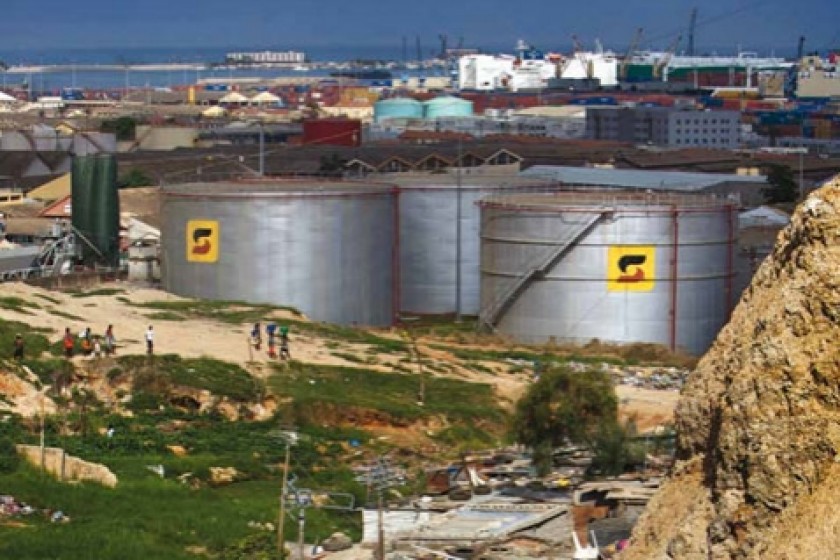
Millions Pocketed In Corrupt Angola Debt Deal
By Mujtaba Ali
Controversial businessmen, shadowy offshore companies, and corrupt politicians looted a 1996 Russia-Angola debt deal earning hundreds of millions of dollars at the expense of the Russian and Angolan governments, anew report by the Angolan Associação Mãos Livres and Corruption Watch UK revealed on Tuesday. In a $1.5 billion debt repayment from Angola to Russia, $338 million went into the hands of persons who did very little, including a controversial Russian oligarch who earned more than $138 million.
The report, which looks deeply into the deal including listing original documents, shows exactly how major political players in Angola earned millions at the expense of their own state including José Eduardo dos Santos, then President of Angola.
Sovereign debt deals have proven to be a regular source of corruption for decades. The deals often require high level governmental approvals to get done and bribery is often used to secure such deals.
A Massive Debt
In 1996, Angola owed Russia $5 billion which equaled two-thirds of the impoverished nation’s GDP, and after years of civil war was likely to default on the loan. The Angolan government seeking to reduce its debt, turned to Russian Arcadi Gaydamak and Algerian Pierre Falcone, businessmen who had helped them in the past to bypass UN arms trading sanctions, to handle the negotiations.
The pair outlined an agreement with Russia one month later.
Under a restructured payment plan, Angola would pay Russia $1.5 billion, a 70 percent reduction from the original debt, at a six percent interest rate. After a five year grace period, Angola would repay the debt (including accrued interest) in 31 installments over 15 years. The Angolan Central Bank gave the Russian government 31 promissory notes -- an agreement for one party to repay a debt to the bearer of the note at a set time.
Gaydamak and Falcone would use this new deal to make themselves a fortune.
Something for Nothing
Key to their scheme was the fact that promissory notes could be sold to a new bearer, and Angola would then be required to make payments to the new holder. In late October, 1996, the Russian government issued a decree which allowed the sale of Angolan promissory notes to take place. Falcone and Gaydamak created the offshore shell company Abalone Investments two weeks later. Abalone, based on the Isle of Man, was created for the sole purpose of mediating the debt deal, according to the Associação Mãos Livres and Corruption Watch UK report.
Normally, a middle man such as Abalone would pay Russia for the recently issued promissory notes at, or near face-value, and then end up with a reasonable profit off of accrued interest when Angola paid for the note. Angola, which has large oil resources, was developing its industry and was a good bet to pay off its now reduced debt.
Abalone signed an agreement with the Russian government to buy the promissory notes in six batches between 1997 and 2004. But unlike a traditional mediator, Abalone took “absolutely no risk” when it entered the deal, the Associação Mãos Livres and Corruption Watch UK report said. The company bought the promissory notes at half their face value, and paid $750 million for $1.5 billion worth of promissory notes.
Falcone and Gaydamak then turned around and sold the promissory notes and certificates to Angola’s state oil producer, Sonango, which agreed to pay full face value. The move guaranteed Albolone a profit of $750 million. The transaction was also unnecessary because the oil company could have bought the debt directly from Russia saving the country more than $750 million.
The Swiss Bank Corporation (SBS), and its successor, Union Bank Suisse (UBS), operated as the escrow bank for the debt deal: the bank ensured that payment was made before the promissory notes and confirmation certificates were transferred to the buyer. Despite a slew of suspicious transfers, UBS failed to report discrepancies related to the debt deal to authorities, according to the Associação Mãos Livres and Corruption Watch UK report.
 Videos
Videos Photos
Photos
Write a comment